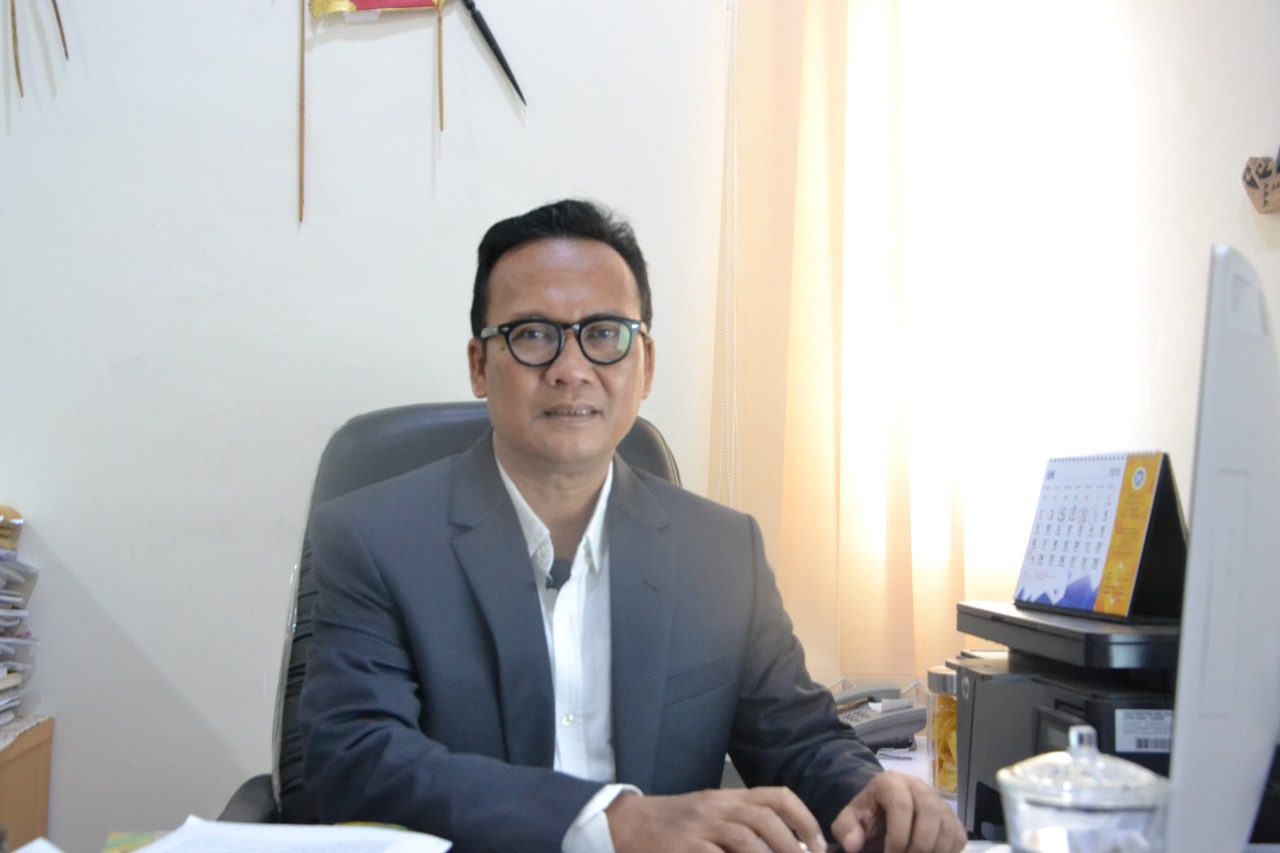UNAIR NEWS – The Joint Decree (SKB) of Four Ministers regarding the implementation of face-to-face learning in the even semester of 2020/2021 academic year was announced by the Minister of Education and Culture (Mendikbud) Nadiem Makarim on November 20, 2020. The meeting was attended by the Coordinating Minister for Human Development and Culture represented by Agus Sartono, Minister of Home Affairs Muhammad Tito Karnavian, Minister of Religion Fachrul Razi, Minister of Health Terawan Agus Putranto, and Head of BNPB Doni Monardo.
At least there were several important points related to the implementation of the 2020/2021 even semester learning delivered by Nadiem. The local government has the authority to grant permission to carry out face-to-face learning by schools, supported by the approval of the student’s guardian, the school must fulfill a checklist in order to carry out face-to-face learning. Furthermore, face-to-face learning is conducted by following strict health protocols and encouraging local governments and agencies to monitor and ensure health protocols are followed.
“Crowded activities are not permitted. Children can only enter, study, then go home,” explained Nadiem.
Regarding the Ministerial Decree, UNAIR Director of Academic Affairs Prof. Dr. Sukardiman, Apt., MS felt that the decree was aimed more at schools such as early childhood education, kindergarten, elementary, junior high or high schools. However, on number 17, page 24 also it was explained about universities that can allow student activities on campus if they meet health protocols and policies that will be issued by the related director general.
“In my opinion there will be technical instructions or a circular referring to the Ministerial Decree for higher education institutions,” said Prof. Sukardiman.
Even so, Prof. Sukardiman explained that UNAIR had anticipated face-to-face learning policies and had implemented blended learning since the odd semester of 2020/2021 academic year. This anticipation was marked by the issuance of the Rector’s Circular Number 1691 / UN3 / PK / 2020 concerning New Habit Adaptation (AKB) on August 18, 2020.
“The circular contains similar stages of vigilance and prudence to the SKB of four Ministers and if there will be technical instructions from the Director General of Higher Education, it seems that rector’s circular is still relevant to be implemented,” he continued.
Blended Learning itself is a learning activity with 50 percent in face-to-face and 50 percent online. Before implementing face-to-face learning, faculty must also make preparations to prevent transmission of COVID-19. The blended learning method is specifically for programs with professional degree such as nursing, medicine, dental medicine, and veterinary medicine.
These preparations include controlling the flow of students, their ins and outs so that no crowds or dangerous contacts occur, preparation of disinfectants, preparation of handwashing stations and temperature measuring officers using a thermal gun at each entrance. Not only students, but other related stakeholders such as lecturers are also supervised.
“We already have SOPs (Standard Operating Procedures, ed) starting from learning planning, implementation, and evaluation of blended learning implementation, ” explained Prof. Sukardiman.
As UNAIR Director of Academic Affairs, Prof. Sukardiman hopes that COVID-19 pandemic will end soon so that the learning process can run normally in the near future. Prof. Sukardiman also hopes that all UNAIR academic community work together to comply with health protocols to speed up the handling of COVID-19 pandemic.
“Hopefully next year’s graduation can also be carried out offline provided that the pandemic record, especially in the city of Surabaya, is conducive based on information from related agencies,” he concluded. (*)
Author: Galuh Mega Kurnia
Editor : Binti Q. Masruroh





